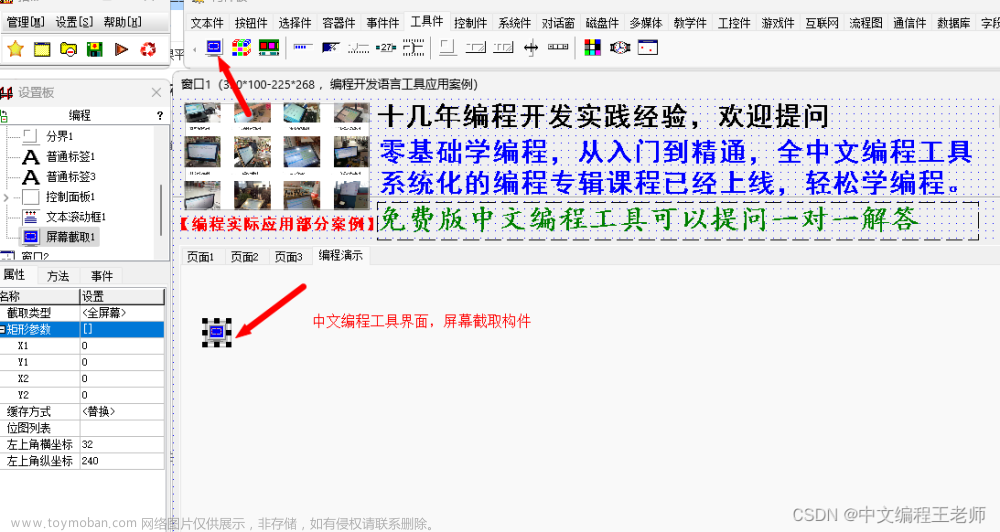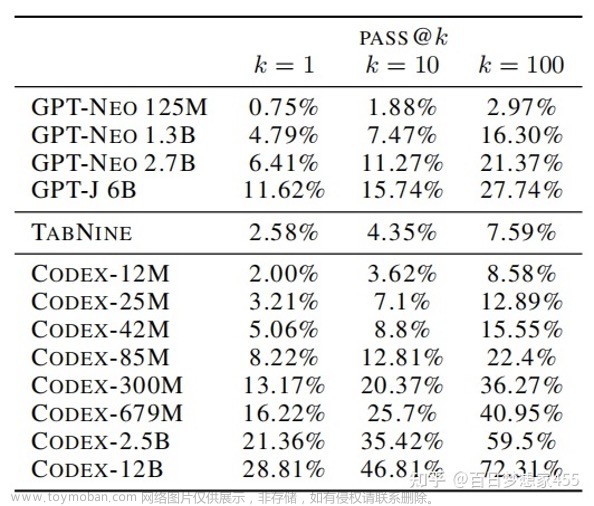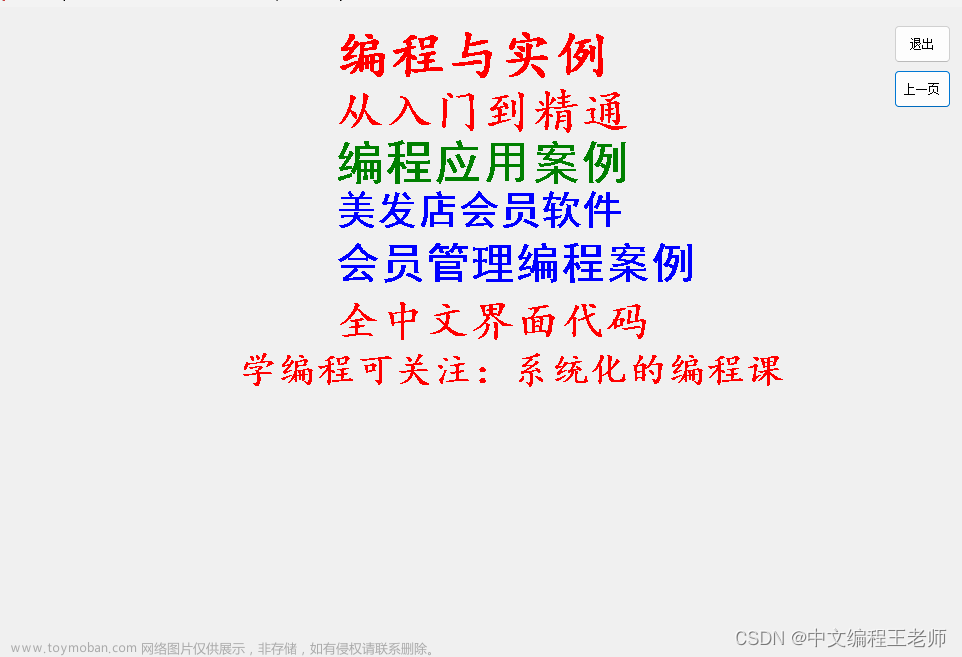时间戳转标准时间
// timestamp.cpp
#include <stdio.h>
#include <time.h>
#include <iostream>
#include <string>
using namespace std;
typedef struct times {
int Year;
int Mon;
int Day;
int Hour;
int Min;
int Second;
} Times;
Times stamp_to_standard(int stampTime) {
time_t tick = (time_t)stampTime;
struct tm tm;
char s[100];
Times standard;
// tick = time(NULL);
tm = *localtime(&tick);
strftime(s, sizeof(s), "%Y-%m-%d %H:%M:%S", &tm);
printf("%d: %s\n", (int)tick, s);
standard.Year = atoi(s);
standard.Mon = atoi(s + 5);
standard.Day = atoi(s + 8);
standard.Hour = atoi(s + 11);
standard.Min = atoi(s + 14);
standard.Second = atoi(s + 17);
return standard;
}
int main(int argc, const char *argv[]) {
long timeStamp = 1549133300623; // 13位时间戳,精确到毫秒
stamp_to_standard(timeStamp / 1000);
return 0;
}
编译运行结果 结果如下:
patten@patten-hp:~/workspace/xjCollide$ g++ timestamp.cpp -std=c++11
patten@patten-hp:~/workspace/xjCollide$ ./a.out 1549133300:
2019-02-03 02:48:20 patten@patten-hp:~/workspace/xjCollide$
标准时间转时间戳
#include <string.h>
#include <iostream>
using namespace std;
long standard_to_stamp(char *str_time) {
struct tm stm;
int iY, iM, iD, iH, iMin, iS;
memset(&stm, 0, sizeof(stm));
iY = atoi(str_time);
iM = atoi(str_time + 5);
iD = atoi(str_time + 8);
iH = atoi(str_time + 11);
iMin = atoi(str_time + 14);
iS = atoi(str_time + 17);
stm.tm_year = iY - 1900;
stm.tm_mon = iM - 1;
stm.tm_mday = iD;
stm.tm_hour = iH;
stm.tm_min = iMin;
stm.tm_sec = iS;
printf("%d-%0d-%0d %0d:%0d:%0d\n", iY, iM, iD, iH, iMin, iS);
return (long)mktime(&stm);
}
int main() {
char arr[20] = "2019-10-21 16:02:30";
char *a = arr;
std::cout << "timeStamp: " << standard_to_stamp(arr) << std::endl;
return 0;
}
编译运行结果 结果如下:
patten@patten-hp:~/workspace/others/cpp/demo$ g++ -g -std=c++11
main.cpp patten@patten-hp:~/workspace/others/cpp/demo$ ./a.out
2019-10-21 16:2:30 timeStamp: 1571644950
patten@patten-hp:~/workspace/others/cpp/demo$文章来源:https://www.toymoban.com/news/detail-738980.html
以下几种方式都是来自网上搜集资料的汇总,对于老的方式,容易出现问题,比如:利用 ftime 函数的, ndk
下,就不通用了,编译不过(函数被弃用),下面的方式都是比较通用的做法,希望对大家有帮助。文章来源地址https://www.toymoban.com/news/detail-738980.html
方法一:
#include <stdio.h>
#include <string.h>
#include <sys/time.h>
#include <iostream>
#include <iomanip>
#include <ctime>
#include <chrono>
/*
取当前时间,精确到微秒;
*/
int main(int argc, char *argv[])
{
auto now = std::chrono::system_clock::now();
//通过不同精度获取相差的毫秒数
uint64_t dis_millseconds = std::chrono::duration_cast<std::chrono::milliseconds>(now.time_since_epoch()).count()
- std::chrono::duration_cast<std::chrono::seconds>(now.time_since_epoch()).count() * 1000;
time_t tt = std::chrono::system_clock::to_time_t(now);
auto time_tm = localtime(&tt);
char strTime[25] = { 0 };
sprintf(strTime, "%d-%02d-%02d %02d:%02d:%02d %03d", time_tm->tm_year + 1900,
time_tm->tm_mon + 1, time_tm->tm_mday, time_tm->tm_hour,
time_tm->tm_min, time_tm->tm_sec, (int)dis_millseconds);
std::cout << strTime << std::endl;
return 1;
}
方法二
#include <ctime>
#include <string>
#include <chrono>
#include <sstream>
#include <iomanip>
#include <iostream>
// use strftime to format time_t into a "date time"
std::string date_time(std::time_t posix)
{
char buf[20]; // big enough for 2015-07-08 10:06:51\0
std::tm tp = *std::localtime(&posix);
return {buf, std::strftime(buf, sizeof(buf), "%F %T", &tp)};
}
std::string stamp()
{
using namespace std;
using namespace std::chrono;
// get absolute wall time
auto now = system_clock::now();
// find the number of milliseconds
auto ms = duration_cast<milliseconds>(now.time_since_epoch()) % 1000;
// build output string
std::ostringstream oss;
oss.fill('0');
// convert absolute time to time_t seconds
// and convert to "date time"
oss << date_time(system_clock::to_time_t(now));
oss << '.' << setw(3) << ms.count();
return oss.str();
}
int main()
{
std::cout << stamp() << '\n';
}
方法三 ( 微秒 )
std::string stamp()
{
using namespace std;
using namespace std::chrono;
auto now = system_clock::now();
// use microseconds % 1000000 now
auto us = duration_cast<microseconds>(now.time_since_epoch()) % 1000000;
std::ostringstream oss;
oss.fill('0');
oss << date_time(system_clock::to_time_t(now));
oss << '.' << setw(6) << us.count();
return oss.str();
}
到了这里,关于C++时间和时间戳的转换的文章就介绍完了。如果您还想了解更多内容,请在右上角搜索TOY模板网以前的文章或继续浏览下面的相关文章,希望大家以后多多支持TOY模板网!

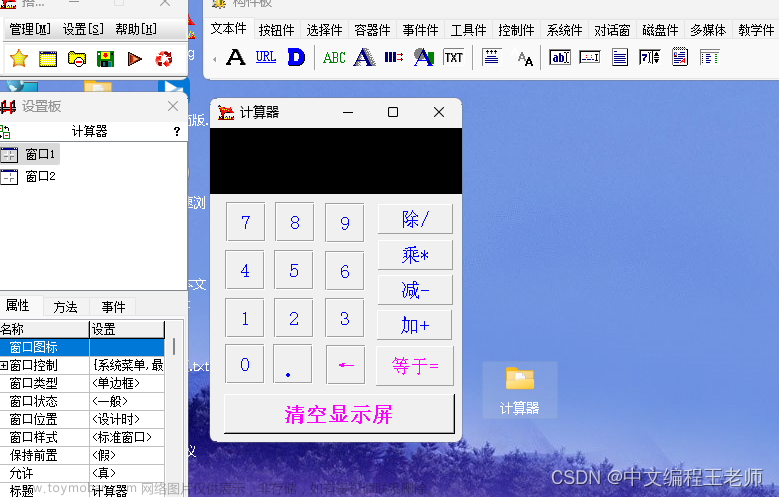
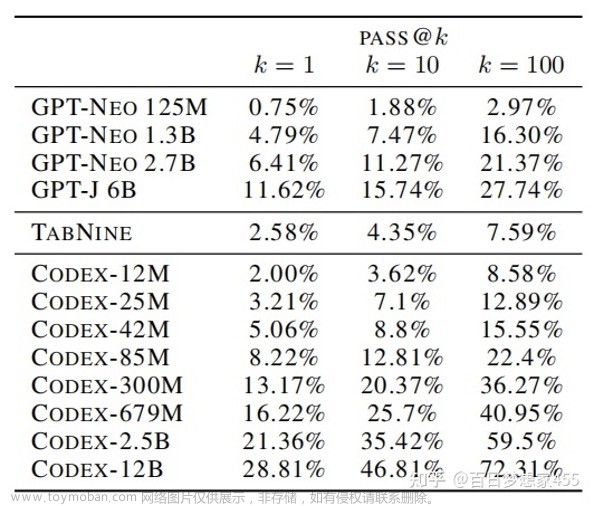
![[编程工具]Unity配表导出工具TableExporter1.1](https://imgs.yssmx.com/Uploads/2024/02/483378-1.png)

